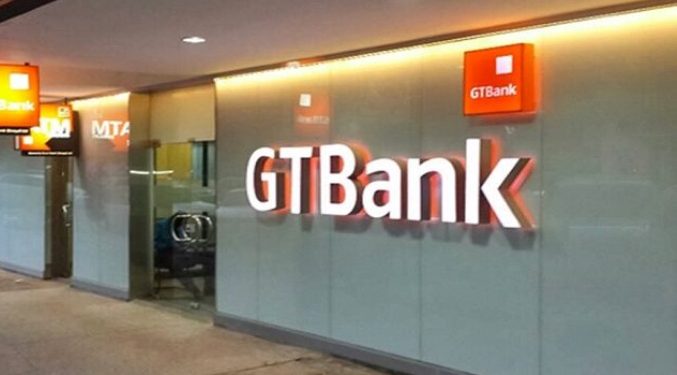- Guaranty Trust Bank (Ghana)’s Ratings: A Look Behind the Scenes and What Lies Ahead
- Fitch Holds Steady on Guaranty Trust Bank (Ghana) Ratings Despite Challenging Environment
Fitch Ratings has recently affirmed the key credit ratings of Guaranty Trust Bank (Ghana) Limited (GTB Ghana. Fitch maintained GTB Ghana’s Long-Term Issuer Default Rating (IDR) at ‘B-‘ with a Stable Outlook. This rating reflects the potential support that GTB Ghana could receive from its Nigerian parent company, Guaranty Trust Bank Limited (GTB), as expressed through its Shareholder Support Rating (SSR) of ‘b-‘. The Stable Outlook is anchored in the stability of GTB’s Long-Term IDR. Notably, GTB Ghana’s Long-Term IDR mirrors Ghana’s Country Ceiling of ‘B-‘, signifying Fitch’s perspective on transfer and convertibility (T&C) risk within Ghana.
Viability Rating (VR):
GTB Ghana’s Viability Rating (VR) remains at ‘ccc’, highlighting Fitch’s acknowledgment that the possibility of failure remains real for the bank. The VR is principally attributed to GTB Ghana’s substantial exposure to the Ghanaian sovereign through securities. Despite facing losses in the sovereign domestic debt restructuring, the impending external debt restructuring, and anticipated loan-quality issues, GTB Ghana maintains a level of tolerance due to its substantial capital buffers. However, the VR slightly trails ‘ccc+’ due to constraints associated with the operating environment and sovereign rating.
Shareholder Support Rating (‘b-‘):
Fitch underlines GTB’s strong commitment to provide support to GTB Ghana when necessary, even in the event of a sovereign default. This readiness stems from the strategic importance of the Ghanaian market in GTB’s pan-African strategy and the reputational implications of a subsidiary default. Nonetheless, GTB’s capacity to extend support is bounded by its own creditworthiness.
Sovereign Default and High Sovereign Exposure:
Ghana recently completed a domestic debt-exchange program (DDEP), a move that resulted in substantial net present value losses for bondholders involved. GTB Ghana holds a significant sovereign exposure through fixed-income securities, constituting 47% of total assets and a staggering 242% of total equity. This exposure encompasses bonds received in the DDEP, non-restructured treasury bills, and various other sovereign debt instruments.
Problem Loans and Profitability:
Economic conditions are anticipated to exert pressure on borrowers’ debt repayment capacity, potentially leading to an uptick in problem loans. GTB Ghana’s relatively modest loan book, accounting for 18% of total assets, partially mitigates loan-quality risks, given that asset quality is closely linked to the sovereign’s creditworthiness. The DDEP adversely impacted profitability, resulting in reduced operating returns on risk-weighted assets in 2022.
Capital Buffers:
GTB Ghana continues to maintain substantial capital buffers, boasting a tangible leverage ratio of 18.1% as of the end of 1H23. These buffers are deemed sufficient to weather the storm posed by the restructuring of sovereign debt and a rise in problem loans.
Liquidity:
The bank primarily relies on customer deposits for funding and has minimal dependence on external deposit funding. Foreign-currency liquid assets are held with investment-grade international banks, offering a robust coverage for foreign-currency customer deposits.
Fitch Ratings’ affirmations of GTB Ghana’s credit ratings provide a comprehensive assessment of the bank’s standing in the financial landscape. While the bank benefits from the potential support of its parent company and maintains significant capital buffers, it faces risks associated with the sovereign default and evolving economic conditions in Ghana. The ratings underscore the delicate balance between GTB Ghana’s intrinsic strength and external factors shaping its outlook.









Cool